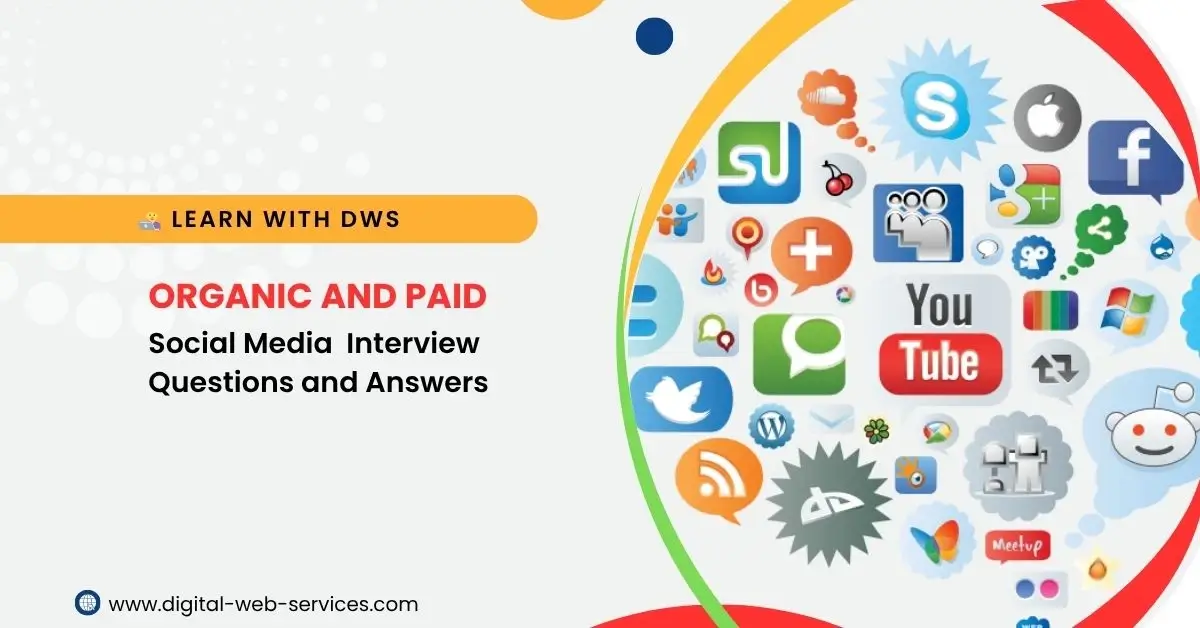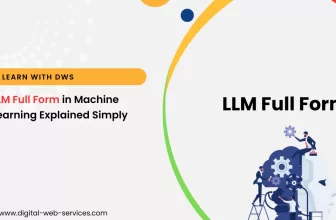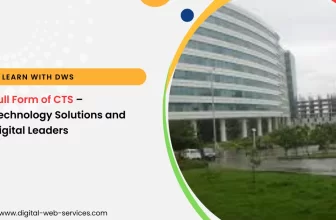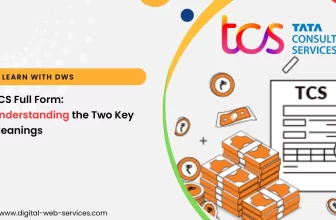
Social media plays a crucial role in marketing, with both organic and paid strategies being essential for success. Here are common interview questions related to organic and paid social media, along with brief and clear answers.
Top 10 Social Media Interview Questions and Answers
1. What is the difference between organic and paid social media?
Answer:
- Organic social media refers to content that is posted naturally without any paid promotion. It relies on engagement through likes, shares, and comments to reach an audience.
- Paid social media involves using advertising to reach a specific target audience. It includes promoted posts, sponsored content, and social ads, which appear in users’ feeds for a fee.
Example:
Organic: Posting a brand story on Instagram and waiting for followers to engage.
Paid: Running a Facebook ad targeting people who have shown interest in your product.
2. Why is organic social media important for a business?
Answer:
Organic social media builds trust, increases brand awareness, and fosters authentic engagement. It’s cost-effective and helps maintain long-term relationships with customers.
Example:
A company posting customer testimonials on Facebook to build trust and increase community interaction.
3. What metrics do you track for organic social media performance?
Answer:
Common metrics include:
- Engagement Rate: Likes, comments, shares, and interactions.
- Reach & Impressions: How many people have seen the post.
- Follower Growth: Increase in followers over time.
- Click-Through Rate (CTR): How often people click on links in the post.
4. What is a good strategy for organic social media growth?
Answer:
Focus on creating high-quality content that resonates with your audience, engage consistently, and post at optimal times. Use relevant hashtags and encourage user-generated content.
Example:
Running a hashtag campaign on Instagram to encourage followers to share their experiences with your product, expanding your reach.
5. What are the benefits of paid social media?
Answer:
Paid social media allows for precise targeting, quick results, and scalability. You can reach a wider audience, track ROI easily, and boost visibility for specific campaigns.
Example:
Running a Facebook ad targeting users who recently visited your website but didn’t purchase, encouraging them with a special offer.
6. How do you measure the success of paid social media campaigns?
Answer:
Key performance indicators (KPIs) include:
- CTR (Click-Through Rate): Percentage of people who click on your ad.
- CPC (Cost Per Click): How much you pay for each click.
- Conversion Rate: Percentage of clicks that lead to a desired action (e.g., a sale).
- ROAS (Return on Ad Spend): How much revenue you generate for every dollar spent.
Example:
If you spend $100 on an ad and generate $500 in sales, your ROAS is 5:1.
7. Can you explain the importance of A/B testing in paid social media?
Answer:
A/B testing helps identify the best-performing ad versions by comparing two or more variants. You can test headlines, images, CTAs, and more to optimize campaign performance.
Example:
Testing two different ad copy versions for a product: one highlighting the benefits and the other focusing on the price. The version with higher engagement is the winner.
8. How would you balance organic and paid social media efforts?
Answer:
Organic efforts are great for building long-term relationships and engagement, while paid campaigns can provide short-term boosts, target new customers, and expand reach. Together, they complement each other.
Example:
Using organic content to engage current followers and running paid ads to attract new customers based on audience insights.
9. What platforms do you think are most effective for organic social media marketing?
Answer:
- Instagram & Facebook are great for visual and lifestyle-driven content.
- LinkedIn works well for B2B and professional content.
- Twitter excels in real-time updates and interactions.
- TikTok is great for creative, short-form video content that resonates with younger audiences.
10. What challenges have you faced with organic or paid social media campaigns?
Answer:
Challenges include:
- Organic: Algorithm changes can limit organic reach, making it harder to get visibility.
- Paid: Managing ad budgets and ensuring the right targeting for optimal ROI can be difficult.
Example:
An organic campaign might see reduced engagement due to a platform algorithm update, while a paid campaign may struggle if the target audience is too broad.
Digital Web Services (DWS) is a leading IT company specializing in Software Development, Web Application Development, Website Designing, and Digital Marketing. Here are providing all kinds of services and solutions for the digital transformation of any business and website.










